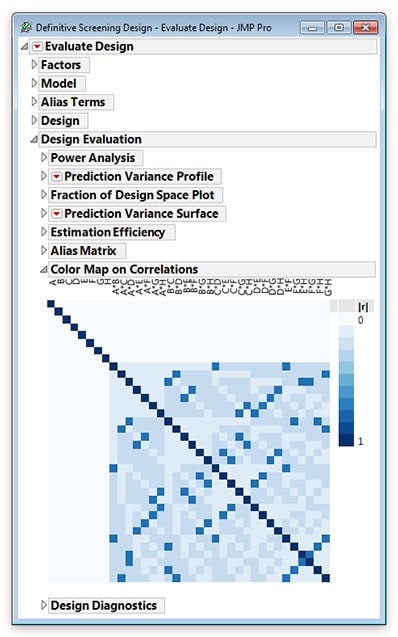Design Of Experiment Software For Mac
DESIGN OF EXPERIMENTS (DOE) 4 For designs with 6 to 9 factors, we allow folding, which adds runs to the experiment, increasing the precision and power of the design. In some cases, it may be desirable to add runs to a design to increase the likelihood of detecting important effects. With folding, new runs are.
5 Graphic Design Software Options for Beginners
Best Design Software Mac
If you’re new to graphic design and not sure what software to start with, we’ve got you covered. From the top-of-the-line industry standards that employers will expect you to know, to free and lower-cost alternatives you can experiment with, below are five types of graphic design software that can help you start turning your creative ideas into reality.


1. Adobe Creative Suite
If you’re serious about pursuing graphic design professionally, Adobe Creative Suite contains much of the standard software you’ll use as a graphic designer—including Illustrator, InDesign, and Photoshop. Sure, these applications might take a little extra time to learn, but if they help you land a job, it’ll be worth your investment. You can start with a 30-day free trial and then pay on a monthly basis after your trial ends. Plus if you decide to go all in and study graphic design, Adobe offers all students a 60% discount on their Creative Suite software.
2. GIMP
GIMP—short for GNU Image Manipulation Program—is one of the most popular free (and open source) alternatives to Photoshop. Compatible with Linux, Mac, and Windows operating systems, GIMP includes a comprehensive set of tools for everything from image editing and retouching to full blown creation of artwork, icons, and other graphic design elements using layers, masks, and more. GIMP supports all popular file formats (and a few rare ones too) and is easy to use, even if it’s your first graphic design software.
3. Inkscape
A strong alternative to Adobe Illustrator, Inkscape is another free and open source graphic design software program. It’s a vector graphic editor that works for Windows, Mac, and Linux with a relatively simple interface and flexible tools for print, logo, and web design. These tools allow object creation, object manipulation, fill and stroke, text formatting, and operations on paths. (Many designers find cloned objects particularly useful.) Inkscape is primarily for working with SVG, but allows for export to PNG, PDF, EPS, PostScript, and more.
4. Affinity
Affinity Photo and Affinity Designer are relatively new competitors in the world of graphic design software. As you might expect, Affinity Photo is focused on photo editing, while Affinity Designer is vector graphic design software great for branding work, concept art, print projects, icons, and web mockups. Affinity software is designed to be fast regardless of the size or complexity of your work. It’s also highly customizable, with an intuitive, modern interface, advanced layer controls, the ability to undo up to 8,000 steps, and standard file format compatibility. This software is available on Windows or Mac at the reasonable price of $50 each.
5. Sketch
While it’s only available for Mac users, the vector editor software Sketch is quickly becoming a favorite for many in the design industry, especially those focused on web, app, user experience, or interface design. Priced at $100, this graphic design software is comparable in many ways to Illustrator and, in some aspects, Photoshop as well. Features include support for multiple pages and artboards, symbols and styles that can be easily repeated and updated across a design, and the ability to edit and merge vectors without destroying their original shapes. Sketch however is not a photo editing tool or ideal for print work, so you’ll have to rely on something else for that.
Want to turn your creativity and passion for design into a career? Find an Art Institutes campus near you to see how our programs in graphic and web design can help you get started.

Learn more about our programs.
Filed under: Visual Design
May 25, 2017